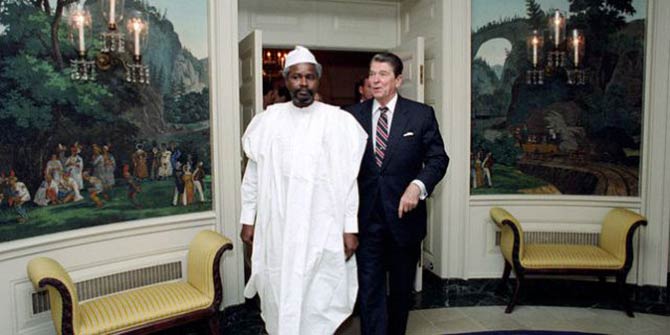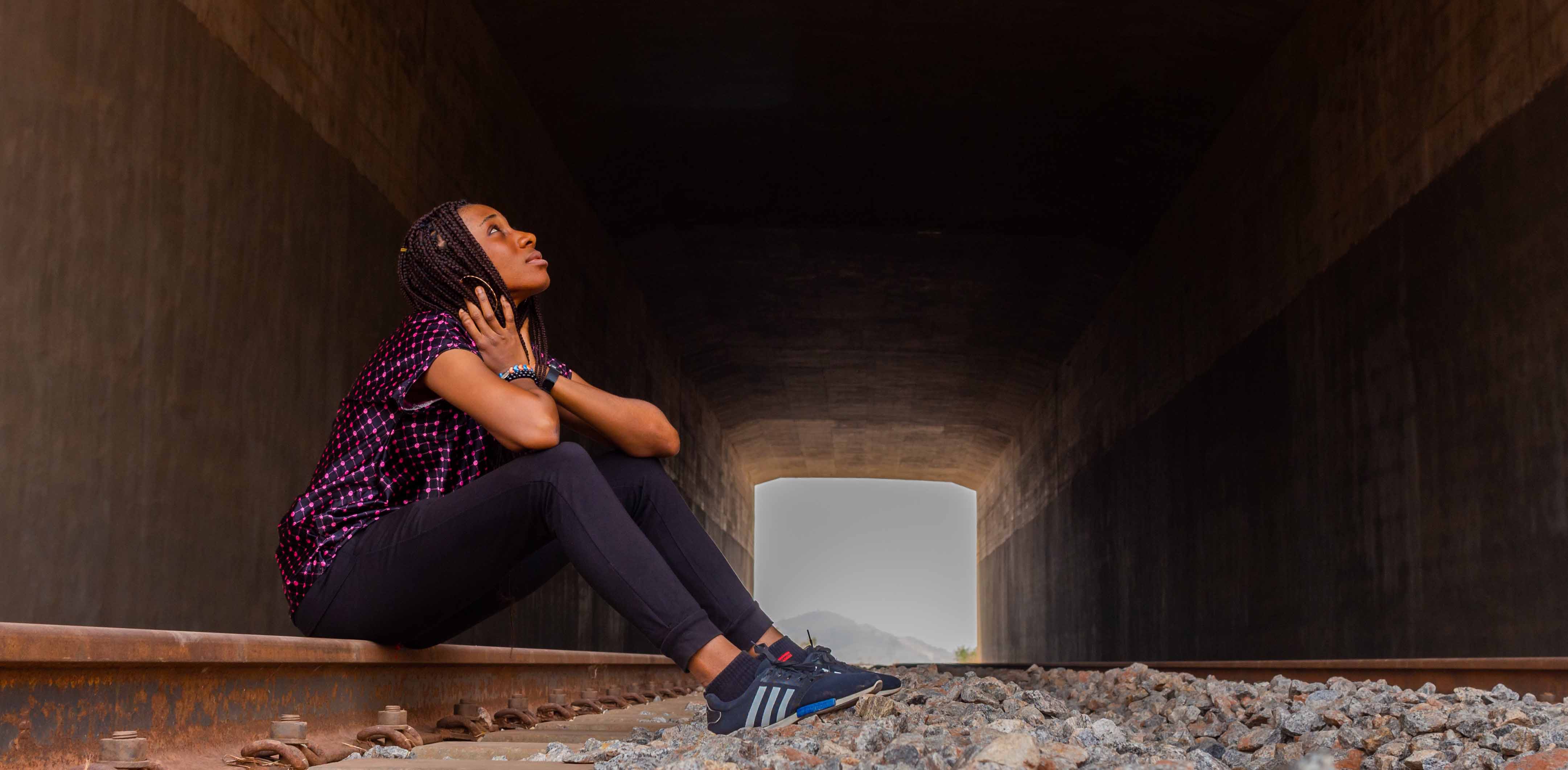As the ICC starts a preliminary investigation into ongoing violence in the Central African Republic, James P. Rudolph analyses the challenges it will need to tackle.
Fatou Bensouda, the chief prosecutor of the International Criminal Court (ICC), recently announced that her office was launching a preliminary investigation into alleged war crimes being committed in the Central African Republic (CAR). Bensouda’s announcement noted that much of the violence in the CAR has disproportionately affected civilians, more than a million of whom have been displaced. Several reports have detailed “acts of rape and sexual slavery, destruction of property, pillaging, torture, forced displacement and recruitment and use of children in hostilities”. The situation, Bensouda said, has “gone from bad to worse”. Chillingly, the risk of genocide is ever-present.

Bensouda is not the only high-level official warning of the dangers in the CAR. “The dark clouds of mass atrocities and sectarian cleansing”, UN Secretary-General Ban Ki-moon said, “loom over the Central African Republic”. This dreadful state of affairs, in which Christians and Muslims have engaged in unspeakable tit-for-tat violence, has unfolded with alarming rapidity and attracted worldwide attention.
The African Union (AU) already has 6,000 peacekeepers in CAR. France, the former colonial ruler, last year sent a contingent of 1,600 troops to support the mission. (According to recent reports, France will send an additional 400 troops this month.) The United States, for its part, has contributed $100 million to supplement this military effort, and the European Union has committed to sending 500 soldiers by the end of this month. Whether any of this is enough to stop the violence is the subject of great controversy and debate. But one thing is for sure, at least for Bensouda and the ICC: the preliminary investigation is not, in any legal way, dependent on these otherwise important military and financial commitments.
The ICC’s jurisdiction is complementary, acting as a veritable Sword of Damocles. This means, first and foremost, that CAR officials must have an opportunity to address these allegations head-on. The ICC’s goal, after all, is not to supplant national sovereignty but to supplement it.
In keeping with this spirit of support and supplementation, Samantha Power, the American ambassador to the United Nations, last year called on CAR officials to organise a national commission of inquiry to look into human rights abuses. Moreover, UN Security Council Resolution 2127, adopted in December 2013, called for the establishment of an international commission of inquiry — the composition of which was recently announced — to investigate reports of human rights abuses by all parties. The “first responders”, then, must legally be CAR officials; there can, in other words, be no room for an ICC irruption when a nation’s criminal justice system is working as it should.
If, however, homegrown efforts to respond to the allegations are deemed insufficient because of unjustified delays or the proceedings are seen as a sham, the ICC’s preliminary investigation will become more intrusive. This, of course, is the raison d’être of the ICC: to act as an impetus; to remind states of their primary responsibility to protect civilians from war crimes, crimes against humanity and genocide; and to act when the state is unable or unwilling to do so. In other words, to ensure the possibility of justice by investigating and, if warranted, prosecuting those who have violated internationally recognised norms.
To be sure, national efforts, even coupled with the ICC’s involvement, are not a panacea: they will not bring the dead back and will not mollify the extremists clamoring for on-the-spot, vigilante justice. The “tyranny of the mob”, as Ms. Power called it, has a thirst for revenge and violence that is viscerally understood, as many have seen loved ones hacked or burned to death. Nevertheless, a commission of inquiry by CAR officials should proceed in parallel with the international commission sanctioned by the UN. None of this guarantees reconciliation or justice. Indeed, as in the case of Kenya’s opportunity to investigate allegations of crimes against humanity related to its post-election violence six years ago, there’s a chance that CAR officials will simply stonewall. If this occurs, Bensouda’s preliminary investigation might very well mature into a full-fledged prosecution, in which case the findings from the commissions of inquiry could assume even greater relevance. With that said, prosecutions are not necessarily the only way forward for CAR.
The lesson of South Africa and its approach to communal violence offers some helpful clues. Many doubted that any kind of reconciliation could be achieved by the Truth and Reconciliation Commission, but it was. On balance, both truth and reconciliation emerged, contributing eventually to the restoration of peace, stability and democracy. CAR is in a similar situation: family members informing on one another; neighbours engaged in acts of appalling brutality; and innocent civilians being killed or forced to flee to neighbouring countries. If CAR officials, like South Africans before them, opt for a truth commission with amnesties, the ICC will be put between Scylla and Charybdis. Ignoring the commission would be to discount a sovereign nation’s decision regarding the best path forward. Yet recognizing the commission and amnesties as an “investigation” for purposes of the Rome (ICC) statute would effectively sideline Bensouda and the court.
The butchery and internecine warfare within CAR has brought the country to the brink of collapse. Solutions seem maddeningly out of reach. And the ICC’s contribution seems at this point to be rather meagre. After all, the ICC’s involvement, at least at this preliminary stage, doesn’t offer much in the way of solace to those who have borne the brunt of this chaotic situation. But, coupled with French and African troops, the investigation is part of the opening efforts to stop the carnage, get people back to normalcy, achieve justice and accountability and lay the groundwork for democracy.
It seems a tall order. And it is. But as CAR President Catherine Samba-Panza has noted, all of these goals are nigh impossible without robust and generous external intervention, something we should keep firmly in mind when others contend that the terms of engagement and intervention — any engagement or intervention — smack of meddling and neo-colonialism.
In this spirit, the ICC, however irrelevant to the civilians caught in the middle of this inter-communal conflict, will play its part in bringing about some justice, even if simply to remind CAR officials that the world is watching.
This post originally appeared on the Justice in Conflict blog.





